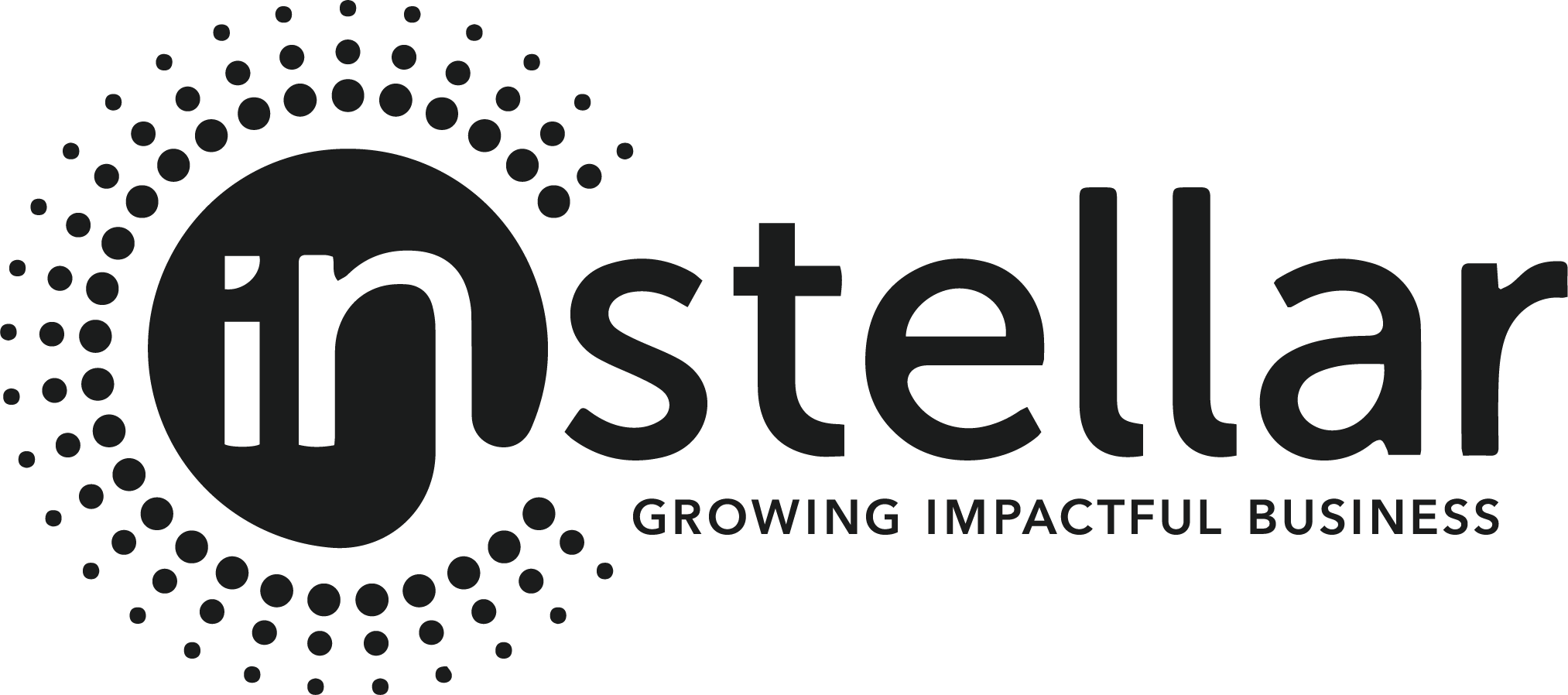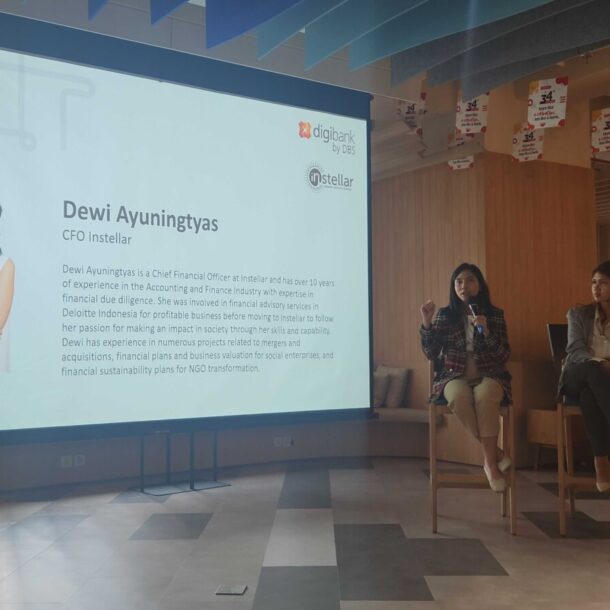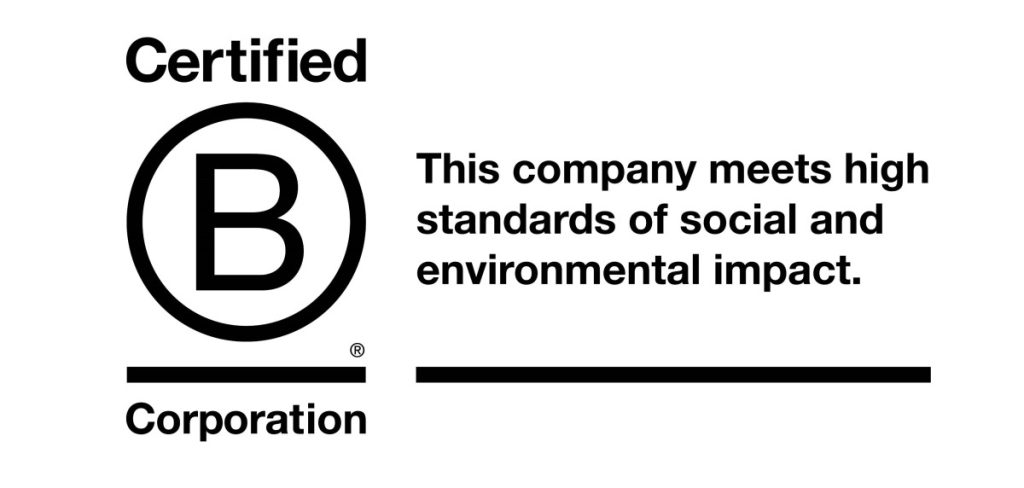
#INSight – What’s been happening this year in Indonesia’s impact ecosystem?
#INSight: What's been happening this year in Indonesia's impact ecosystem?
Written by Romy Cahyadi
We are entering Q4 of this year, it’s time to step back and reflect on what has been happening this year. While there are many things happening in Indonesia, I want to share a number of observations and some comments around the impact ecosystem.
1. There are more players in the impact space
AVPN’s Center for Social Impact was launched by AVPN and Indonesia Chambers of Commerce, looking to engage corporate as well as nonprofits to collaborate. UNDP/ADB, GIZ among others continue their work in the impact sector. International civil society organizations start new programs which focus on nature-based solutions with business and investment angles, especially those outside Java (the main island).
More players means more people working for good purposes. It also means each player will need to bring concrete significance regarding its role.
2. More convergence towards impact, climate, & ESG
In early May, there was the launch of Indonesia Impact Alliance which was attended by nearly 200 people representing venture capital firms, international development agencies, nonprofits, social enterprises, philanthropic organizations, and impact investors. Delegates from China, Malaysia, Singapore, and the US were also there. IIA intends to bring more capital to impact businesses on the ground, working towards impact transparency and impact economy.
A few months later an ESG board for Indonesia’s new capital (Nusantara, IKN) was publicly announced. The board consists of prominent figures in business, investment, as well as civil society. Corporate, consulting firms, and investors are looking desperately for ESG /impact specialists with climate as crucial and highly sought after competence.
3. More nonprofits and civil society groups strive for financial self-reliance
More and more of our friends here are working towards better self-reliance in terms of financial sustainability. For a few years now Indonesia has been categorized as a middle income country. Many donors left (apart from those which still have geopolitical interest) the nonprofits/CSOs previously receiving grants from them. Moving forward, it is imperative for nonprofits and CSO to find alternative sources of funding, e.g. transform into social enterprises, or create revenue generating activities within their organizations. Their roles are still significant in the country as many SDGs remain far from being accomplished, and inequality lingers constantly in many aspects.
Overall I think these are positive trends. As we are looking into the election in early 2024, I am hopeful that these trends will stay regardless of who wins the election!
Instellar Indonesia
V-Office District 8, Treasury Tower Lt.6 Unit F
Jl. Jend. Sudirman Kav. 52-53, SCBD Lot.28
Jakarta 12190
Subscribe to our newsletter for the latest updates, industry insights, and exclusive opportunities!
Copyright © 2017 – 2025 Instellar.
All rights reserved.
Instellar Indonesia
V-Office District 8, Treasury Tower Lt.6 Unit F
Jl. Jend. Sudirman Kav. 52-53, SCBD Lot.28
Jakarta 12190
Subscribe to our newsletter for the latest updates,
industry insights, and exclusive opportunities!
Copyright © 2017 – 2025 Instellar. All rights reserved.



